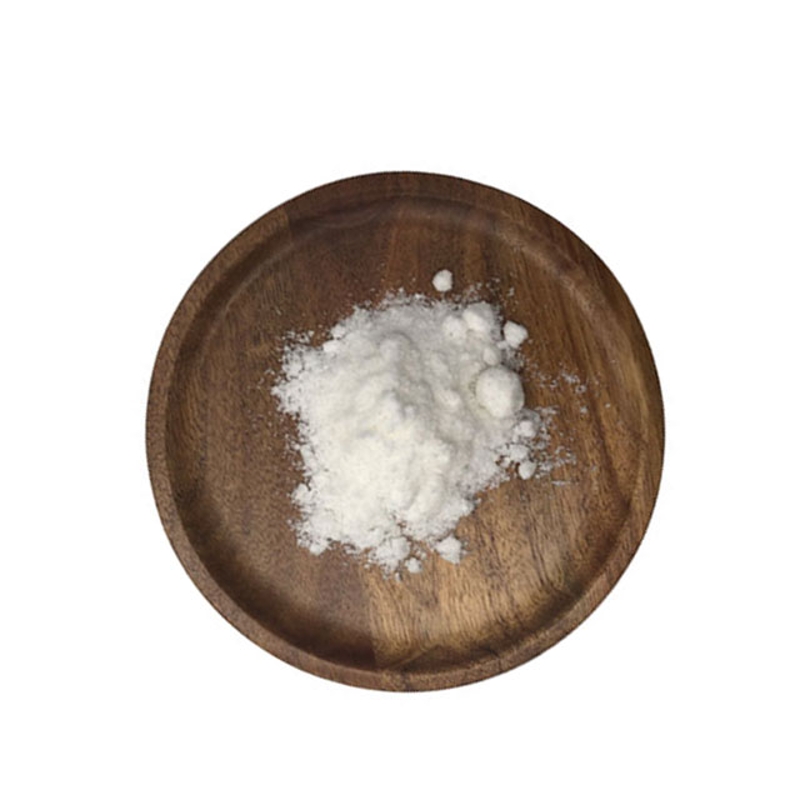-
Categories
-
Pharmaceutical Intermediates
-
Active Pharmaceutical Ingredients
-
Food Additives
- Industrial Coatings
- Agrochemicals
- Dyes and Pigments
- Surfactant
- Flavors and Fragrances
- Chemical Reagents
- Catalyst and Auxiliary
- Natural Products
- Inorganic Chemistry
-
Organic Chemistry
-
Biochemical Engineering
- Analytical Chemistry
- Cosmetic Ingredient
-
Pharmaceutical Intermediates
Promotion
ECHEMI Mall
Wholesale
Weekly Price
Exhibition
News
-
Trade Service
September 27, 2020 // -- In a recent study published in the international journal Scientific Reports entitled "Effect of acute physical exercise on motor sequence memory", scientists from institutions such as the University of Geneva in Switzerland found that exercise and brain memory may be closely related.
If exercise is good for the body's health, it seems to be good for brain health, and by assessing the body's memory performance after exercise, the researchers found that even a shorter than 15 minutes of intensive exercise on a bicycle can help improve the brain's memory, including gaining new motor skills. The researchers found that this may have been achieved by increasing the plasticity of synapses through a molecule called endocannabinoids, which highlights the importance of exercise for the health and education of the body, and aims to reduce the effects of neurodegeneration on the body's memory through educational programs and strategies.
Many times, after exercise (especially endurance sports, such as running or cycling), we feel physical and psychological relaxation, which is caused by endogenetic cannabinin produced by the body during physical exertion, which circulates through the body and easily crosses the blood-brain barrier, then binds to special cell receptors and induces excitement in the body, in addition, the same molecules can also bind to receptors on the body, so what is the connection between movement and memory?" This may be what researchers need to focus on.
Photo Source: CC0 Public Domain To test the effects of exercise on body exercise learning, the researchers asked 15 young healthy men who were not athletes to take memory tests under three exercise conditions: 1) 30 minutes of moderate riding; 2) 15 minutes of intensive riding (defined as 80 percent of the maximum heart rate); 3) a break; and, in addition to the results of memory tests, they used functional MRIs to observe the activation of participants' brain structures. changes, and the use of blood tests to determine the level of endogenetic cannabinin in the subject's body, different analysis results agreed that the faster the person, the higher the activation of the sea mass and tail nuclei, while the level of endogenetic cannabinin in the body follows the same curve, that is, the higher the level of high-intensity physical labor, the higher the degree of activation of the brain, the better the performance of the brain; As a result, it may have an effect on long-term possibilities, a special mechanism for optimizing the consolidation of brain memory.
Previous studies, researchers have found that exercise has a positive effect on a memory style called associated memory, but contrary to the results of this paper, the researchers observed that moderate-intensity exercise classes have better results, which may indicate that not all forms of memory use the same brain mechanisms, and not all exercise intensity produces the same effect, and it should be noted that in all cases physical activity improves the brain's memory better than not exercising.
By providing accurate neuroscience data, research may help researchers develop new strategies to improve or preserve brain memory, and is physical activity an easy-to-implement, less traumatic and inexpensive intervention, such as scheduling a physical activity at the end of a school morning class, to help strengthen brain memory and improve learning? Previously, researchers are studying brain memory disorders in depth, especially in people at high risk of Alzheimer's disease, some of whom may experience subtle memory defects at age 25, the activation of the brain's sea mass, so researchers want to use the study to assess the extent to which physical activity can help compensate for early defects as a precursor to Alzheimer's disease.
() References: 1 Sport and memory go hand in handby University of Geneva 2 Blanca Marin Bosch et al, Effect of acute physical exercise on motor sequence memory, Scientific Reports (2020). DOI:10.1038/s41598-020-72108-1.







